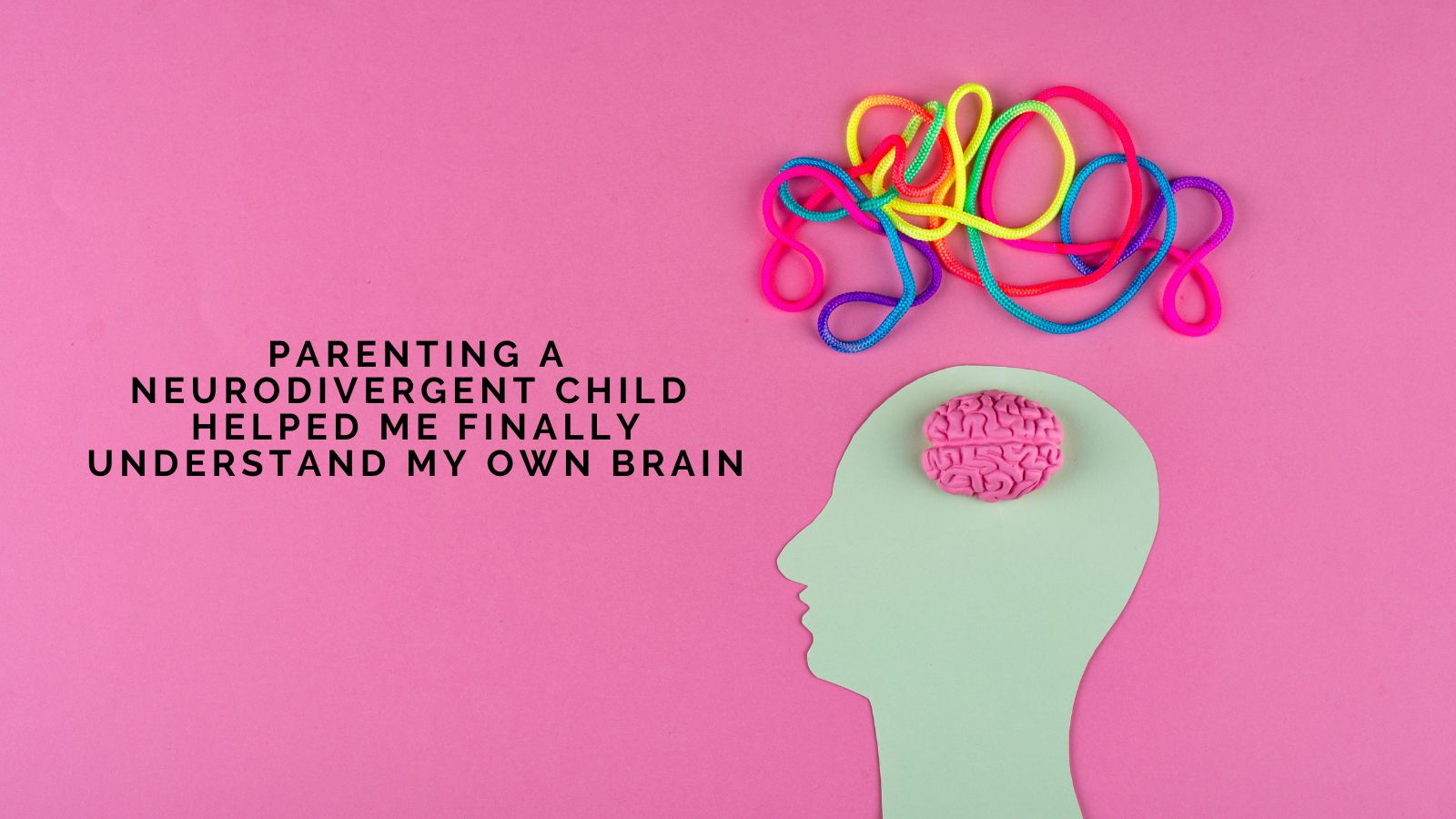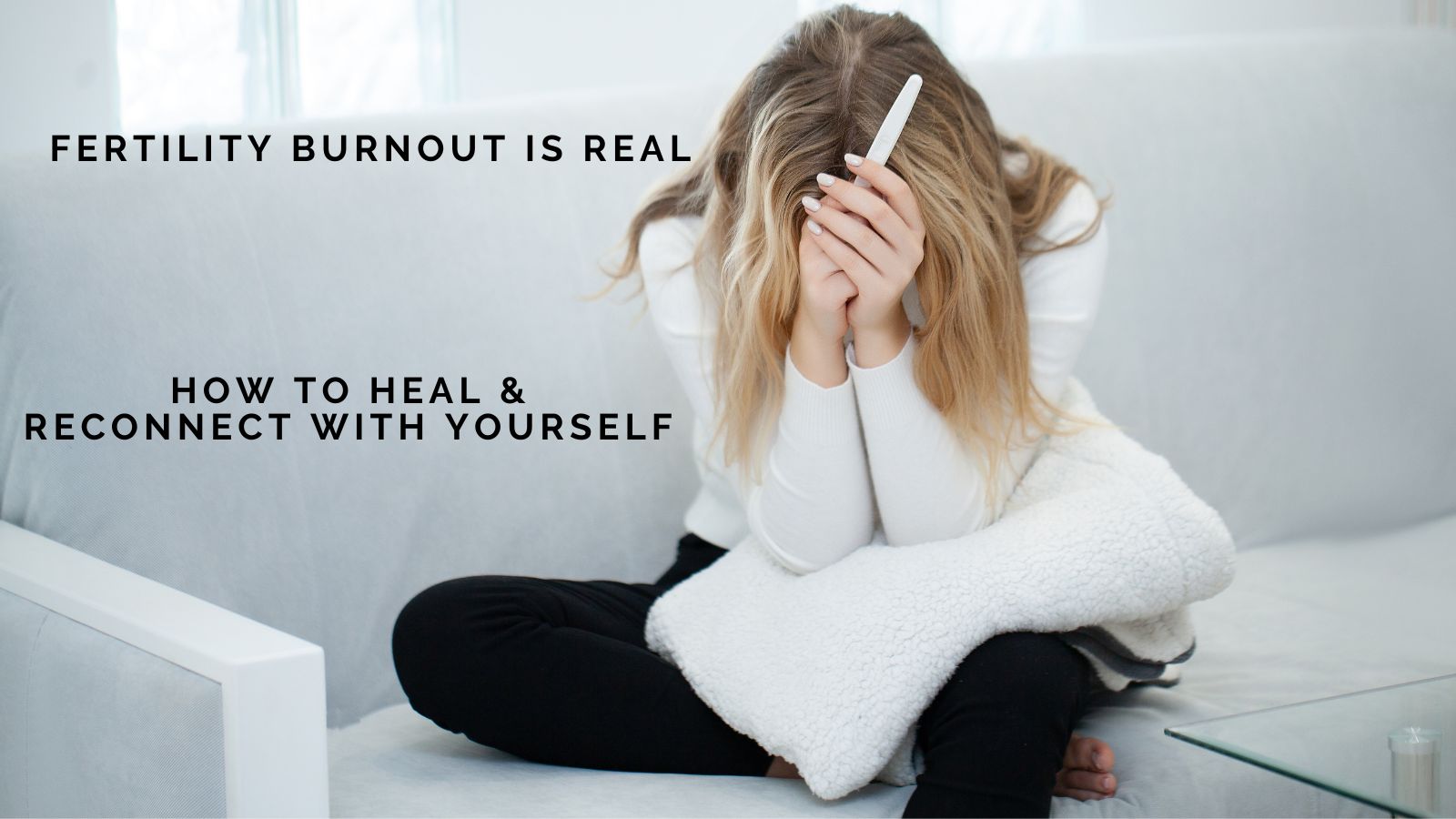
The new wave of self-recognition. Late-diagnosed, neurodivergent women.
"Do the best you can until you know better. Then when you know better, do better.” — Maya Angelou
How many times have we heard it?
And when it comes to parenting, many of us have specific ideas about what we’re going to do or be for our children—particularly when it comes to expectations around behaviour and discipline. Add to this the growing body of research and general awareness of what it means to be neurodivergent, and you arrive at the reason so many more kids are being diagnosed these days. ASD, ADHD, OCD, GAD, ODD, PDA, SLDs—the works. As a teacher who has seen it all and chooses to work specifically with these kids, I endearingly refer to the collective acronyms as ‘alphabet soup’. (I, too, live with my own recipe of alphabet soup.)
The flow-on for parents—mums in particular (equality and opportunity aside, statistically still most likely to be the primary caregiver)—has been huge.
Financially, the cost of specialist appointments to even get a diagnosis is substantial, not to mention the number of return visits to fulfil age criteria, adjust medication, write certificates and recommendations for educators, and discuss the many co-occurring conditions, sensory and physical needs of the young person.
Emotionally, there is a loss—a weird kind of grieving for the life you imagined for your unborn child. The plans you made, the milestones you expected, the images of what loving this new tiny human would look like—much of it goes out the window. Sometimes you realise it’s more of a difference than a loss, but sometimes this stuff breaks marriages, families and friendships. And then there’s the emotional toll of watching your beloved babe struggle: through school, with friends, in sports and activities. Yes, they can be and are infinitely capable, wonderful humans. But kids can be cruel, and any type of difference can make them targets for bullying, being misunderstood, misrepresented, or pigeonholed.
Socially, things often change when you have children anyway. If you’re lucky, the change in family situation syncs roughly with that of your friends and, although there’s a shift in activities and focus, the relationships remain strong. Having a neurodivergent child—or children—means prioritising routines, boundaries, safe foods, safe places, awareness of social batteries, navigating sensory preferences and energy levels, and trying to ‘gentle parent’ your way through the meltdowns. It means prioritising everyone’s mental health and wellbeing, and often that means shrinking your life. Not going to parties, not packing up for a weekend away, not working high-powered jobs that leave you unavailable for middle-of-the-day school pickups, not inviting hordes of people over to catch up while you shoo the kids outside to ‘have fun’. It can be very isolating.
And then comes the realisation—“Research suggests it’s largely genetic…”
Woah—what? Ummm… yeah, I guess I knew that… but then… that means… wait… is it Dad or me? Or both?
Mind. Blown.
Universe. Altered.
Do I even know myself?
First instinct is to say that I had no idea—and yet I’ve always known something was off. Friendships were unpredictable. I know I’m smart, but school seemed way harder for me than everyone else. I felt like an emotional wreck, but I figured it was just hormones—and even my doctor agreed. Dumb things annoy me, but the older I get, I just own it, and my friends see those things as ‘quirks’. My passion topics have become my life’s work, and people respect me for it…
Wait—is that why I hate stiff clothes?
I thought neurodivergent people weren’t sociable—I’m very social.
I knew a boy at high school who had ADHD. He could never sit still and was always in trouble. He left school young, to be a plumber; I’m nothing like that!
Well, it turns out all of those things can be true. And the deeper you dive into the traits of neurodivergence in females—particularly ADHD and ASD Level 1 (the generally less life-impacting aspects of the spectrum)—the more you realise that things make sense. The dots start to join. We’re talking about the impacts of neurodivergence on hormone balance, gut health, mental health, brain fog, hypermobility, sensory sensitivities and a wide range of other conditions and traits that are often too hard to diagnose and are written off as ‘fibromyalgia’, ‘hormone issues’, or with the insinuation that you’re making it up or being overly dramatic.
I personally know so many women who have said things like:
“Why is this so hard?”
“I hate that I can’t just get on with it.”
“Why am I such a mess?”
“I really want to, but I just can’t.”
These are women who have great strengths, capability and a diverse range of valuable skills. They run businesses, families, and are professionals in their fields. And they may also have been diagnosed with depression, anxiety or physical health conditions that are, in fact, all related. They are women who had no diagnosis of neurodivergence until they followed the path to diagnosis with their child—for whom they were determined to provide more answers and support than they themselves received as children.
It is this understanding of brain difference, and this ‘joining of the dots’, that is new. The term neurodivergent didn’t even exist in mainstream language until around the year 2000. Brain scans can now give us images of different structures and pathways that were previously out of range of science and technology. The internet provides opportunities to share research and information—but also social connection—for a cohort of individuals who would be unlikely to ever meet in person. The network is vast and ever-growing.
But that’s a topic for another day.
So, if you, like me, are one of the newly self-aware ‘alphabet soupers’—welcome to the club!
_(71).jpg)
















